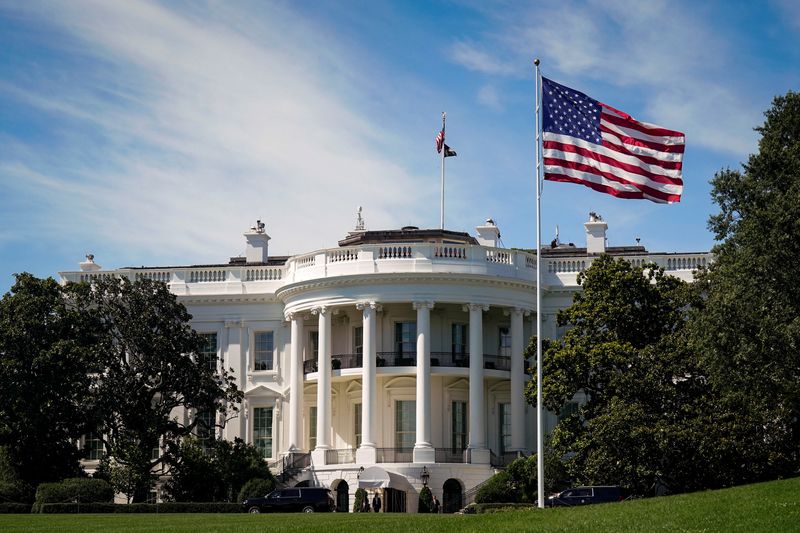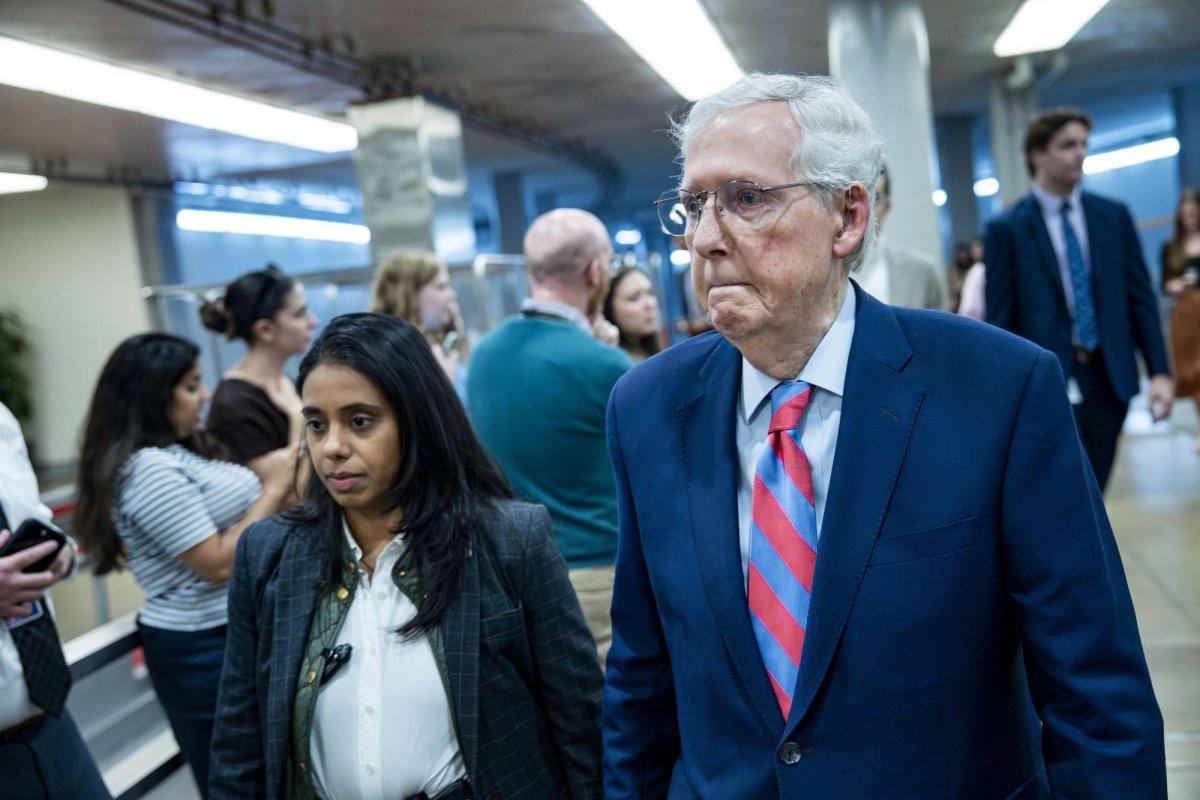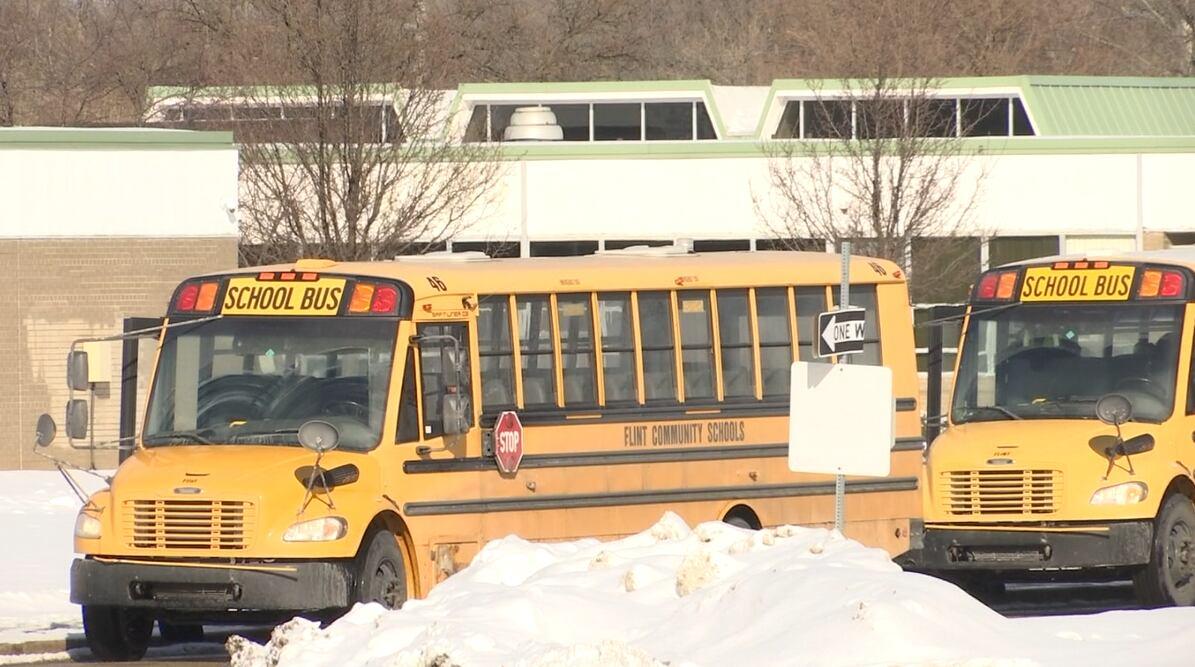UA Refuses to Join Trump’s Policy Compact
The University of Arizona Rejects Trump Administration’s Proposal
The University of Arizona has made a significant decision by declining to sign onto a proposal from the Trump administration. This move marks the seventh elite college to reject the offer, which promised preferential consideration for federal funding in exchange for adopting specific policies. The university cited academic freedom as its primary reason for not signing on.
Several other prestigious institutions have also refused to endorse the proposal. These include Brown University, the Massachusetts Institute of Technology, the University of Southern California, the University of Pennsylvania, the University of Virginia, and Dartmouth College. While Vanderbilt University and the University of Texas at Austin have yet to make their decisions, they are under pressure to respond by a Monday deadline.
The White House has not provided an immediate response to requests for comment regarding the proposal. However, it is clear that the administration has been targeting institutions it perceives as liberal-leaning since President Donald Trump took office in January. This has included efforts to withhold funding from colleges and universities over issues such as pro-Palestinian protests against U.S. ally Israel’s war in Gaza, transgender policies, climate initiatives, and diversity, equity, and inclusion programs.
The administration has canceled federal contracts worth millions of dollars with numerous schools, aiming to pressure them to change their admissions and hiring policies. Despite these actions, courts have ordered many of the federal cuts to be restored. The recent compact sent to nine universities represents a new approach by the administration.
In a statement, University of Arizona President Suresh Garimella expressed that some of the proposed federal recommendations deserve thoughtful consideration. He noted that many of the ideas are already in place at the university. Garimella emphasized the importance of preserving principles like academic freedom, merit-based research funding, and institutional independence.
Garimella highlighted that the university submitted its existing Statement of Principles to the Department of Education. This document outlines policies such as merit-based hiring and prioritizing the admission of qualified Arizona students and applicants from U.S. tribal nations.
The White House’s 10-point memo titled “A Compact for Academic Excellence in Higher Education” requested the nine elite colleges to cap international undergraduate enrollment at 15%, ban the use of race or sex in hiring and admissions, and define genders based on biology. The memo also called for “transforming or abolishing institutional units that purposefully punish, belittle, and even spark violence against conservative ideas,” but did not include similar measures to protect liberal ideas.
Additionally, the memo proposed that the Classic Learning Test, embraced by some conservatives and already authorized for use by Florida’s public university system, be considered alongside the SAT and ACT. Schools that pursue “models and values” beyond those outlined in the memo could “forgo federal benefits,” while institutions that comply could be rewarded.
A White House official mentioned that schools other than the nine initially approached could sign on to the proposal. This indicates that the administration may continue to reach out to more institutions in the future.
Key Points from the Proposal
- The Trump administration’s proposal offered preferential federal funding in exchange for adopting specific policies.
- The University of Arizona and six other elite colleges declined to sign the proposal, citing academic freedom as a key concern.
- The proposal included requirements such as capping international undergraduate enrollment and banning the use of race or sex in hiring and admissions.
- The memo also called for transforming or abolishing institutional units that target conservative ideas, without similar protections for liberal ideas.
- The Classic Learning Test was proposed as an alternative to the SAT and ACT for college entrance exams.
- Schools that do not adhere to the proposal’s guidelines risk losing federal benefits, while those that comply may receive rewards.
This development highlights the ongoing tensions between the Trump administration and higher education institutions over issues of academic freedom, diversity, and institutional autonomy. As the debate continues, the impact of these policies on universities and students remains to be seen.
- 100 Soal dan Kunci Jawaban Matematika SMP Kelas 9 Semester 2 Kurikulum Merdeka 2026 - March 2, 2026
- Georgia Dua Hari Jalan Kanker Payudara Kembali dengan Lokasi Baru - March 2, 2026
- Sen. McConnell Hospitalized with Flu-Like Symptoms - March 2, 2026




Leave a Reply